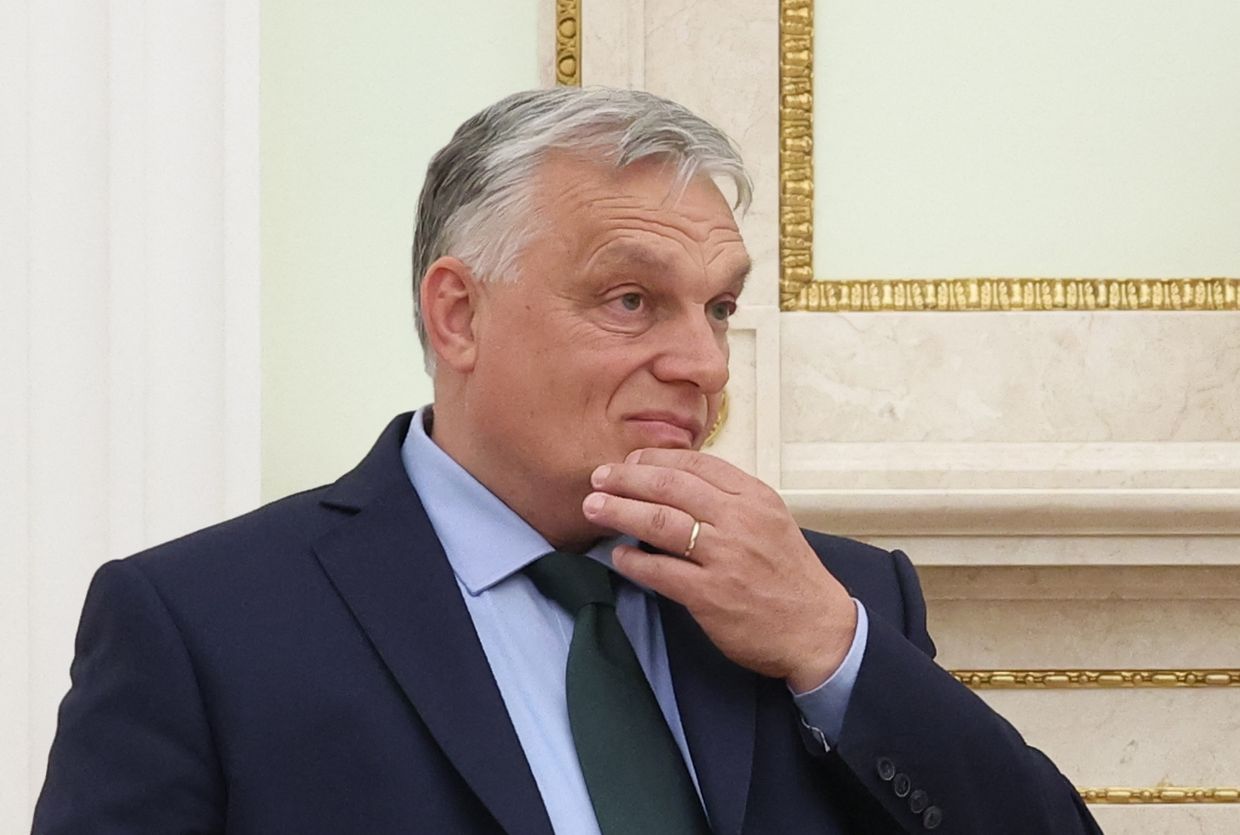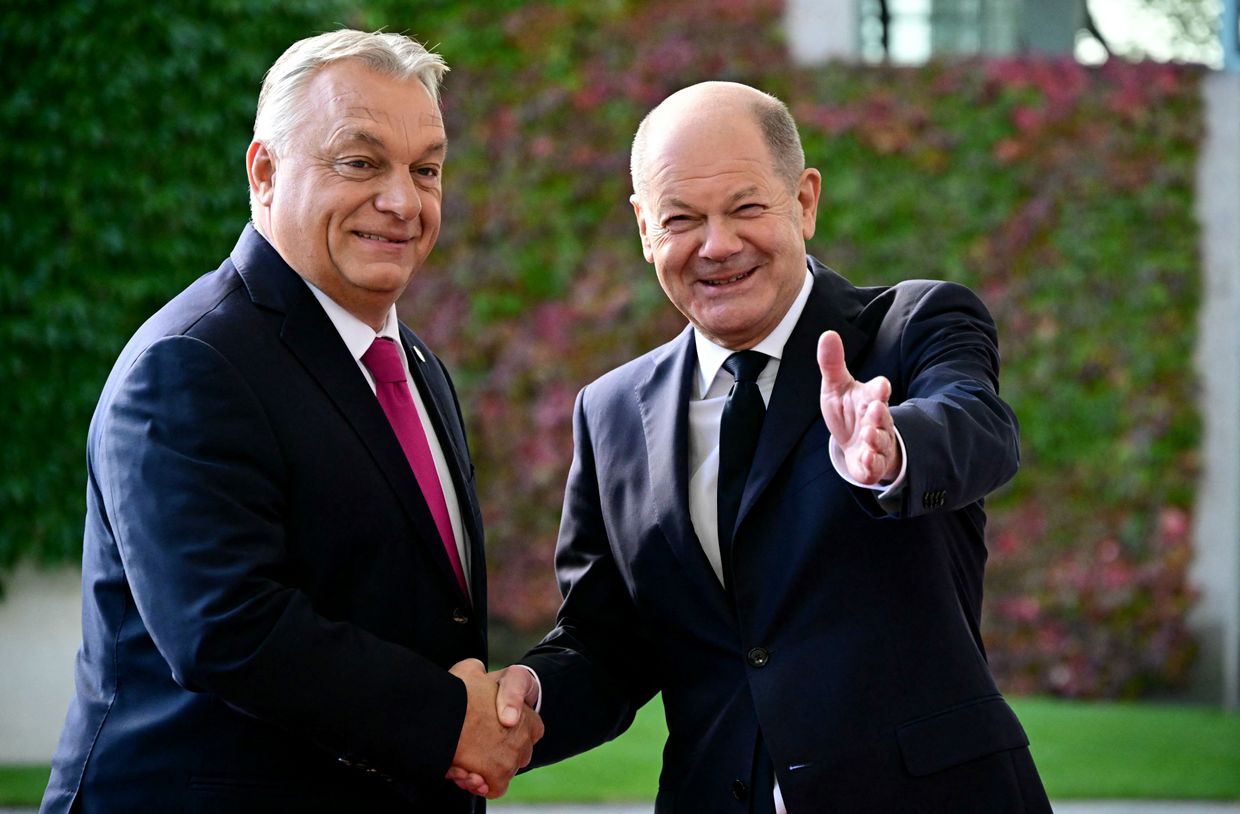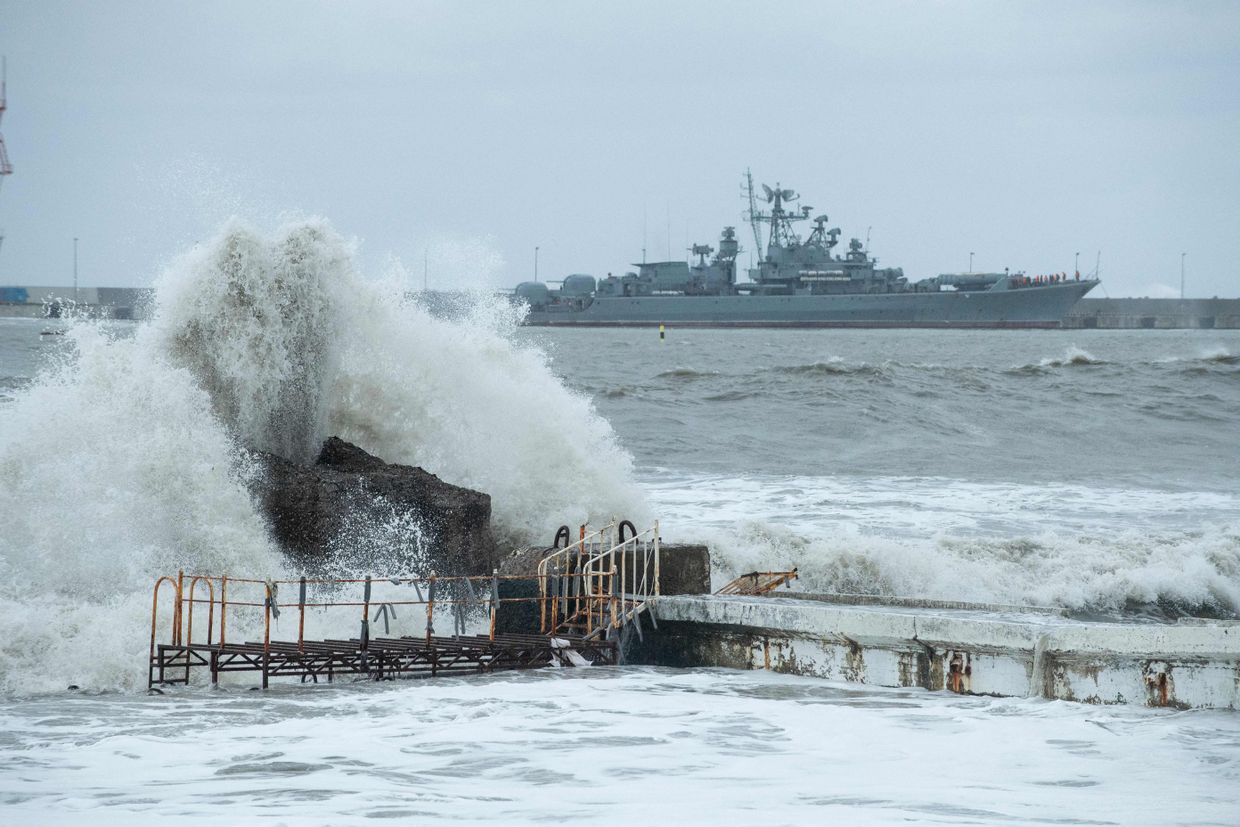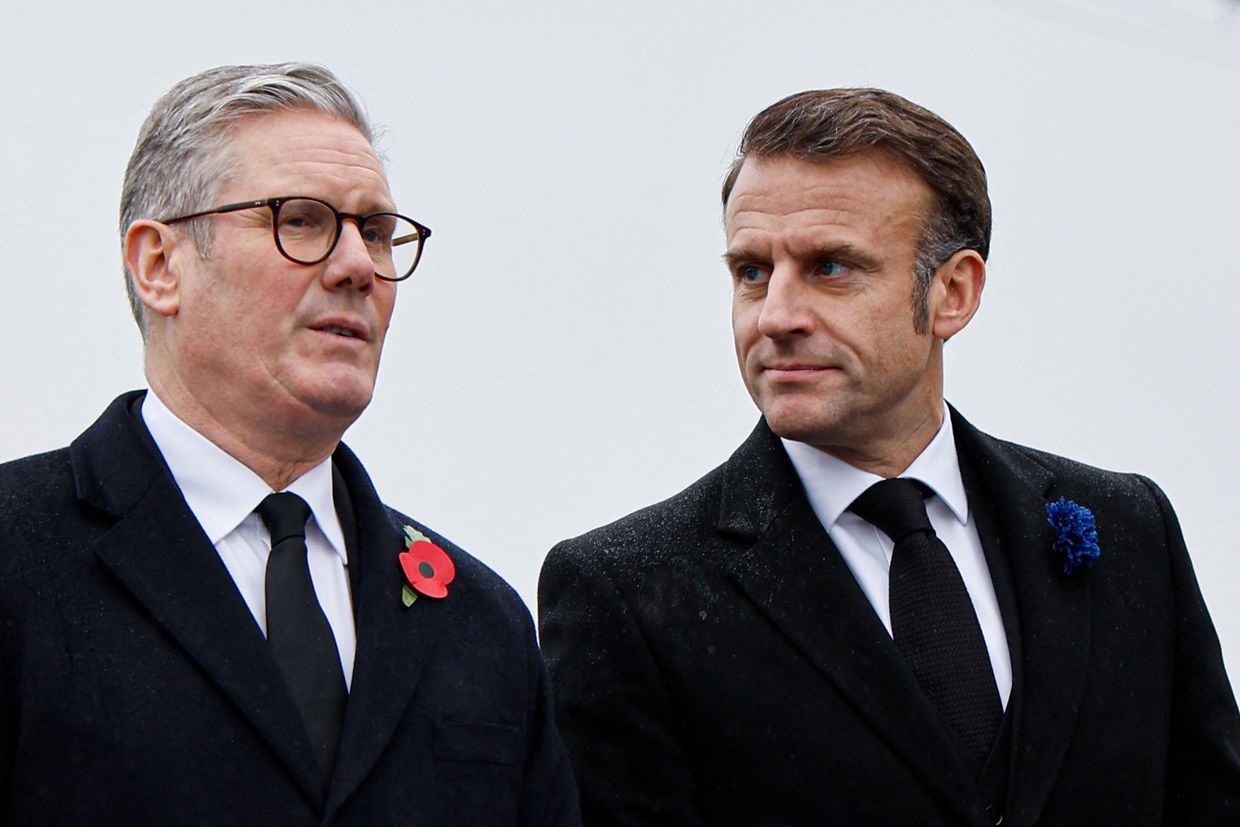Germany and France are raising doubts about the EU diplomatic service's proposal to circumvent Hungary's veto of 6 billion euros ($6.6 billion) in defense assistance for Kyiv, Bloomberg reported on Oct. 25, citing undisclosed sources.
Budapest has been blocking the disbursement of Kyiv-bound assistance under the European Peace Facility (EPF) for more than a year, causing frustration among other member states.
The European External Action Service, the bloc's diplomatic arm, suggested that member states could make voluntary contributions, allowing the military aid to flow based on decisions of individual countries rather than unanimous consensus.
Bloomberg wrote that Paris and Berlin are worried that such a move could endanger the EPF's role as the EU's foreign policy tool. As some countries require parliamentary approval for the contribution, this could further complicate and delay the process.
The EPF has been a key tool for supporting Ukraine's defense capabilities since 2022 but had been largely depleted earlier this year as member states disagreed on the best way to replenish it and unlock further cash for Ukraine.
While the EU approved an additional 5 billion euros ($5.5 billion) for Ukraine in the spring, Budapest has been blocking their disbursement.
Hungarian Prime Minister Viktor Orban, seen as the most Kremlin-friendly leader in the bloc, has repeatedly stalled EU aid for Ukraine and obstructed sanctions against Russia.
Tensions between Budapest and Brussels escalated during Hungary's rotating presidency, with EU member states and institutions boycotting Hungarian-held events over Orban's visit to Moscow in July.














